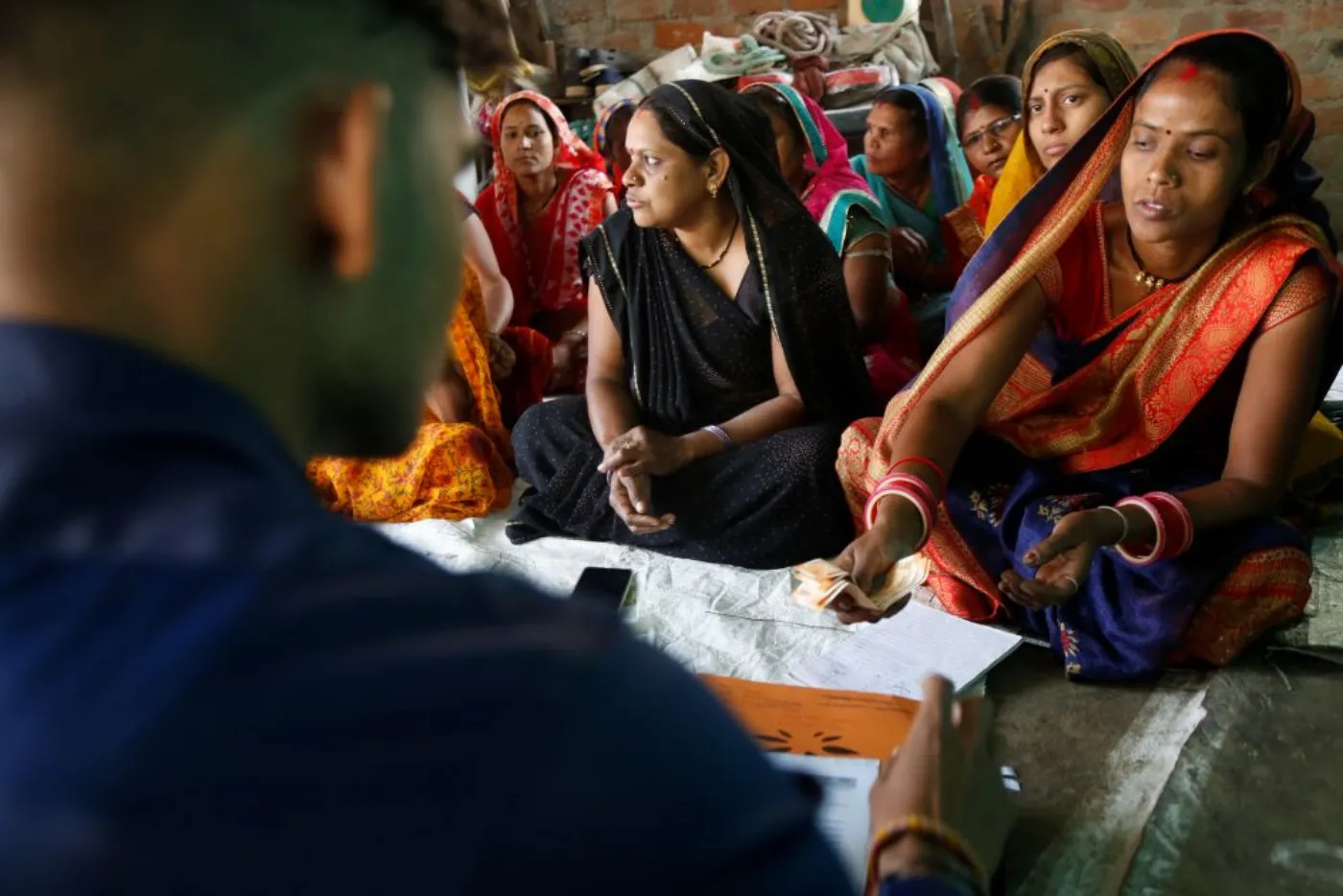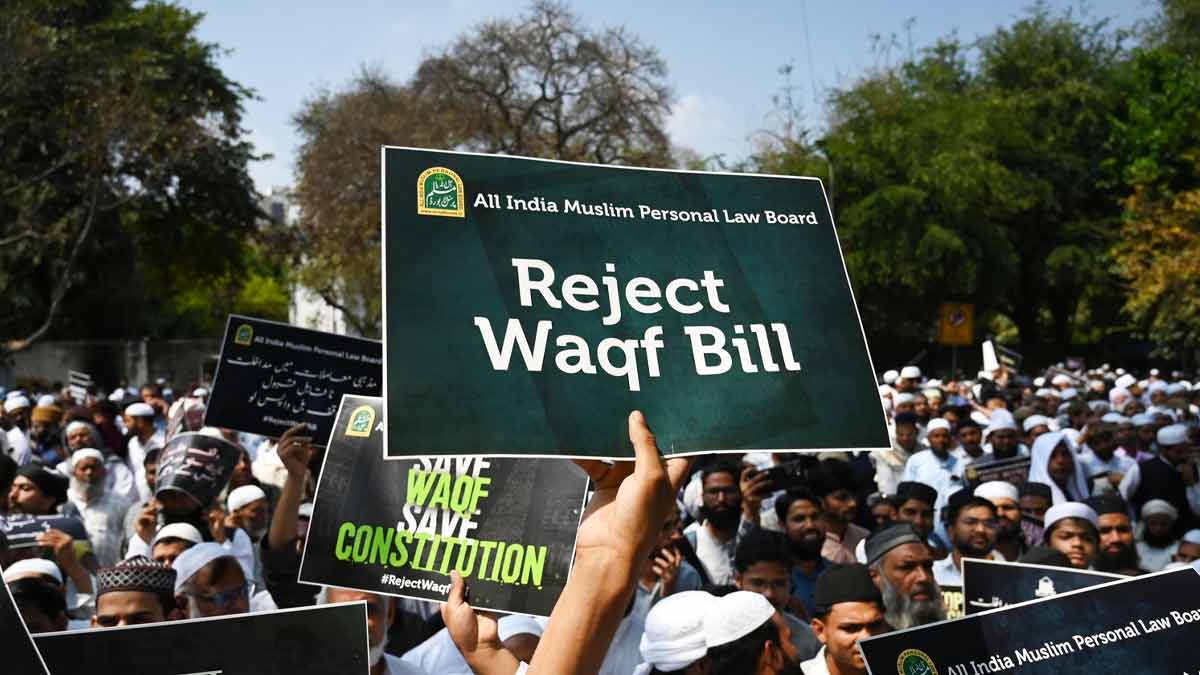There has been much media coverage about a woman’s right to inheritance of ancestral property. Through an amendment to Section 6 of the Hindu Succession Act, 1956, in 2005, equal rights were awarded to daughters in their fathers’ ancestral property. On paper it seems so easy – a victory for women but what is the actual reality? What about a non-Hindu woman’s property rights?
The fact is that the enforcement of women’s property rights in India has a long way to go before women get their due share. The truth is she has to literally fight her way through a long and tense legal battle. The sad fact is that men take control of the property and deny women heirs entry to the ancestral home.
every state has their own laws on inheritance.
The only recourse is through the courts, which in India takes money and time. Can a woman who is already dealing with medical and financial issues afford to take the legal route? Knowing the judicial system in India, it will be a long drawn affair. Believe me, even trying to find a decent lawyer takes time and effort, then comes the filing of the case. Can a woman with limited monetary means take on this fight?
As a Christian woman, my experience with getting my share of the ancestral property has been rife with ambiguity and double-speak. Furthermore, every state has their own laws on inheritance. I currently reside in Goa, the laws here are quite different from those in Maharashtra where my ancestral house is. So a lawyer here is clueless about what action needs to be taken. I have to go to Mumbai to fight for my property rights.
I had written to Maneka Gandhi about the issue via her email: min-wcd@nic.in who then forwarded it to the Member Secretary’s email: ms-ncw@nic.in. There has been no further replies or call to action.
Also Read: My Ongoing Personal Journey To Financial Literacy As A Woman
The following were my queries to her:
- How does a woman get her share of ancestral property without a protracted legal?
- Can she be barred from her ancestral home by father, brother or any other family member (my father threw me out of the house after I went back with my 2-year-old son)?
- Can a will be deemed legal if a father has included ancestral property which is not his right to bequeath?
- On what basis do government officials transfer property titles without proper authentication and No Objection certificates from all heirs?
- Does restitution of her rights entail financial and emotional hardship to a woman? Practically all the lawyers I spoke said I have to file a suit, the cost of which is determined by the value of the property, i.e. 1 crore is the property value – the legal cost will be around minimum 1 lakh, and most women don’t have this kind of money. I definitely don’t have money for a legal battle.
Even the free legal cells I approached said they would file the case for free but I would have to pay the cost of the suit which has to be filed in the Mumbai High Court.
Girls Count, with support from UNFPA, have started a campaign titled #HerShare to enhance asset ownership for women and girls. By asset ownership, they mean the ability of women and girls to not only inherit assets but also ensure investment in their ability to earn and build their own assets and ultimately control these resources.
the thought of having to deal with my toxic family is enough to make me feel depressive.
It is encouraging to know that there are campaigns that shine a spotlight on women’s rights but actually getting your share is an uphill task.
The reason why women don’t get justice is they do not have the resources to tackle the justice system. Emotionally, the thought of having to deal with my toxic family is enough to make me feel depressive. My well-wishers urge me to fight for my rights; I want to, every woman wants to get her fair share. But the hurdles seem so many. However, I recently came across an advertisement of National Commission for Women, which said: “Do Not Give Up”.
I am trying not to, but does anyone have any idea what should a woman do to get her share of ancestral property without having to spend her hard-earned money? When we talk about protecting girls, should we not have laws that are clear and devoid of any ambiguity? We may have legalisation but only speedy enforcement of laws will guarantee justice. There is truth in the maxim: “Justice delayed is justice denied“.
Also Read: Ownership Of #PropertyForHer: More Than Just A Room of Her Own
Featured Image Source: Times of India
About the author(s)
Cheryl Miranda blogs at mindkindmom. She writes about her own experiences with mothering, mental health, and mind-body healing.




